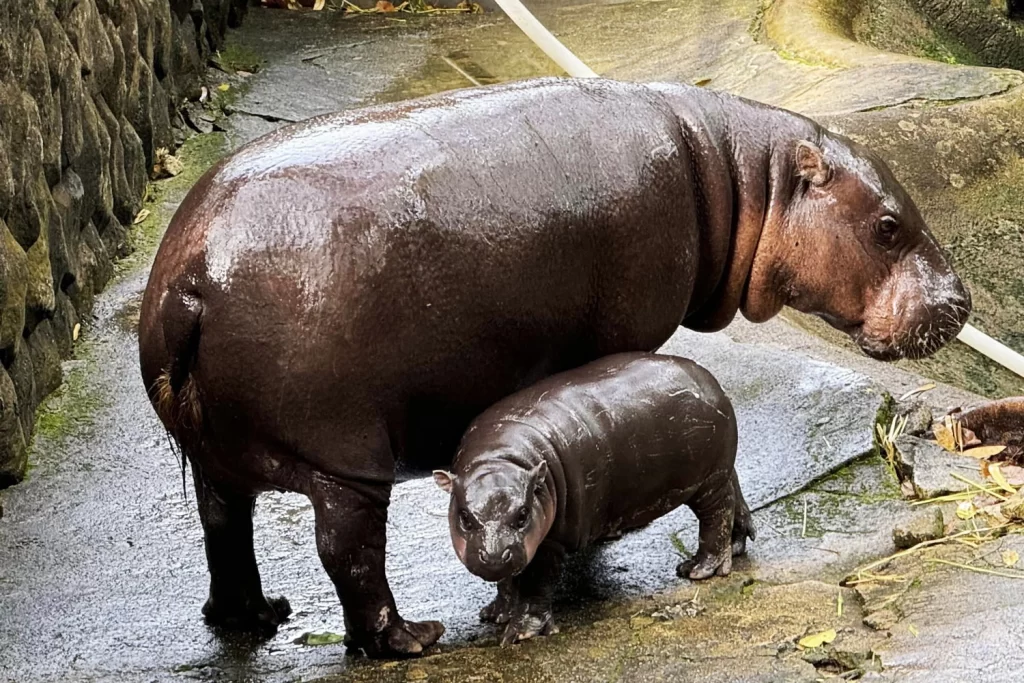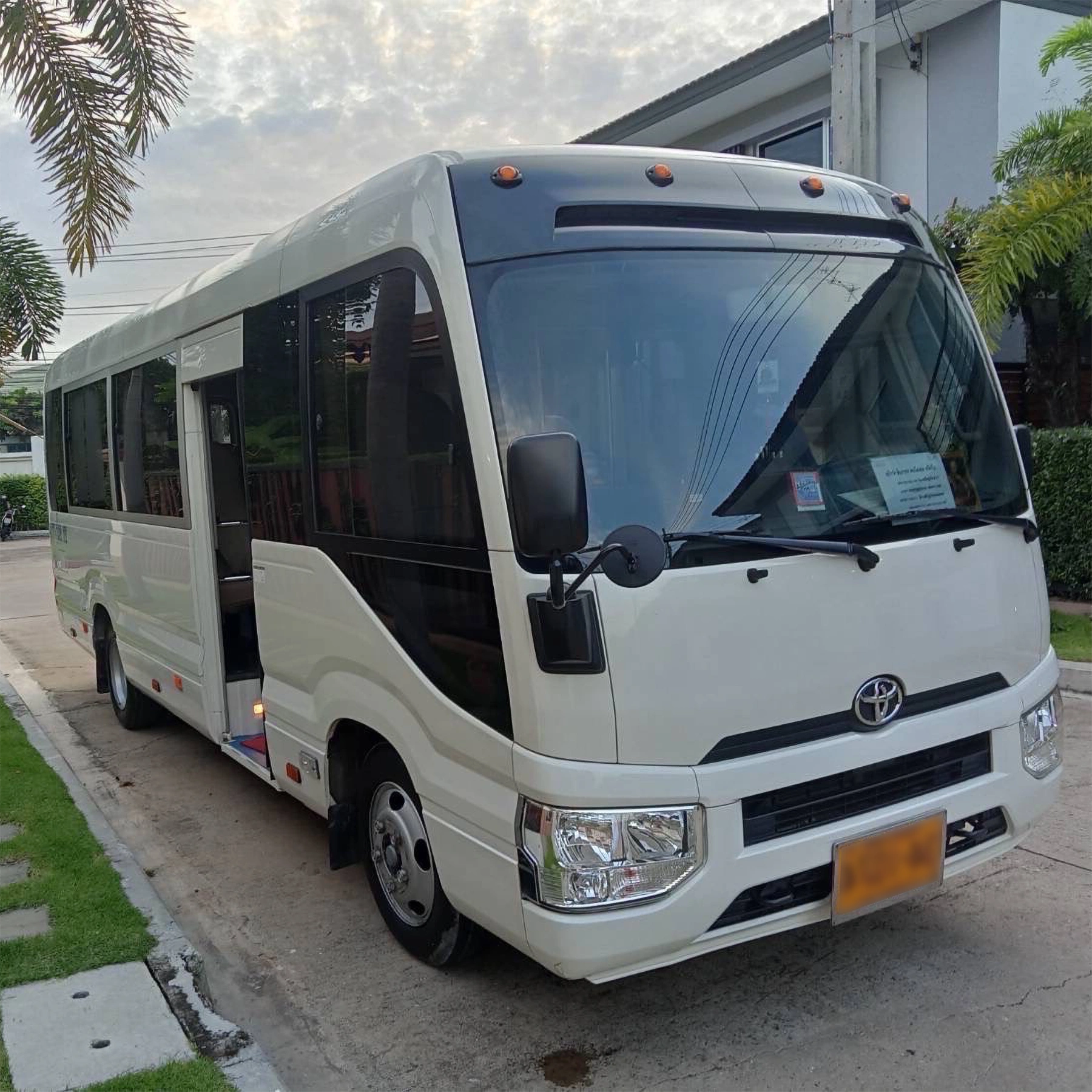
Lessons from “Moo Deng”
The popularity of two-month-old pygmy hippo “Moo Deng” is not a coincidence. It is the result of a meticulous and systematic media campaign by the public relations team of Khao Kheow Open Zoo to promote their animals. The zoo, located in Chon Buri province, often hosts entertainment activities such as live music performed by local students. Additionally, they have created an animal food fund to encourage public involvement in supporting the zoo’s inhabitants.
These efforts reflect Thai public zoos’ attempts to modernize by focusing on wildlife promotion, environmental conservation, and education.
At the same time, the existence of these zoo “superstars” reveals the challenges these institutions face to stay afloat. The costs of animal care and maintenance have risen, while government support has been reduced from 80% of their budget in the past to just 40%. Many zoos struggled financially after the Covid-19 pandemic led to a significant drop in visitor numbers.
Each year, the Zoological Park Organization of Thailand (ZPOT) receives an annual budget of approximately 800 million baht to take care of around 6,200 zoo animals and staff at eight state-run zoos, which is barely sufficient. Zoos are not only tasked with caring for caged animals but also have academic and educational roles to fulfill.
Meanwhile, public zoos in Thailand cannot raise ticket prices without approval from a national board. While more visitors generate much-needed income, these caged “superstars” face pressure and stress due to their popularity.
This past week, the zoo had to limit visiting hours as visitors resorted to throwing water bottles and seashells to get the pygmy hippo’s attention. The popularity of Moo Deng may reassure the Zoological Park Organization of Thailand that public zoos are still relevant in modern society and beneficial for tourism. However, it raises the question of whether the popularity of pet zoos translates into better understanding of nature and wildlife conservation.
Does the public’s love for Moo Deng foster awareness of the plight of hippos in forest sanctuaries, who are at risk of extinction due to deforestation and illegal logging?
Beyond these “superstars,” what educational programs can the zoo offer visitors? Budget constraints force zoos and their staff to focus on attracting visitors instead of dedicating their time to more important tasks, such as animal breeding and raising awareness of wildlife conservation.
Governments need to provide more resources to enable these zoos and their staff to offer good care to these animals and educate the public on the importance of wildlife conservation. It is unethical to rely solely on these superstar animals to generate revenue.
Indeed, the government is investing a substantial sum to build a new public zoo on 300 rai of land in Thanyaburi district of Pathum Thani province. When completed, this zoo, which will cost five billion baht in its first phase, will serve as a model for future zoos, acting as a center for conservation and education.
Such developments are good news for public zoos and animal lovers in Thailand. It is also hoped that the government will consider allocating more resources to other public zoos across the country.






